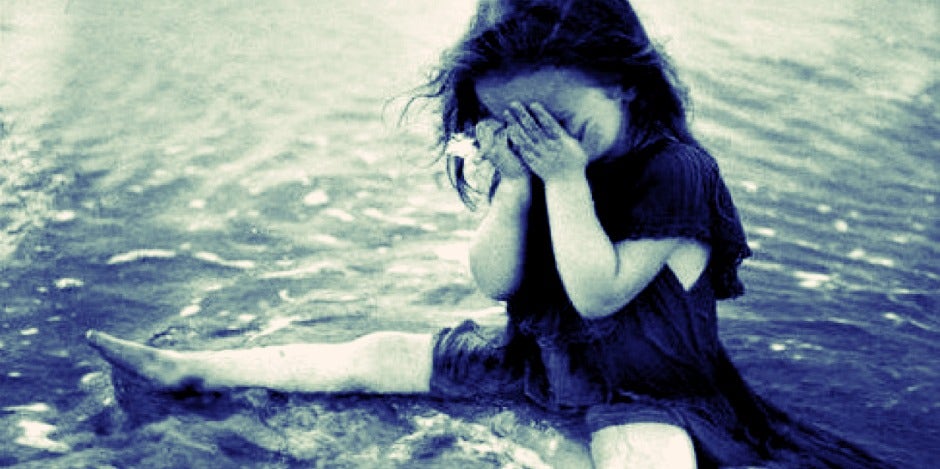How Your Depression REALLY Impacts Your Kids
Think you're fooling your kids with your forced happiness?

Actor Ryan Phillippe recently opened up about his own struggles with depression and his sadness that he thinks he's passed the condition on to his 15-year-old daughter, Ava.
Is that even possible? Can that happen to children whose parents suffer from depression?
Indeed, research shows that parental depression is connected to child mental health problems. The National Institute of Health published extensive research on the connection between child mental health problems and parental depression.
Learn how parental depression can impact a child … and what to do about it.
Children link to their parents from birth. Newborn brains are not fully developed—newborns have more like a "do it yourself" kit that parents must finish once children are born.
Parents provide warmth, food, safety, and stimulation, and this is critical to infant survival. But, parents also provide the input that completes programming of immature developing infant brains.
Every moment of every day, infants and toddlers are feeding information through their little brains … tracking their parents' every move. Babies watch for facial expressions, signs, gestures, and tone of voice.
By 9 months of age, babies can tell if an adult is having social conflict with another person. The baby brain is incredible!
This system is brilliant, but what happens when babies are picking up cues from depressed parents? What is different about the input that babies pickup from depressed parents?
This is where science meets biology.
Depressed adults act differently from other parents. Depression causes a generally sad or melancholy mood.
Depressed parents may take slower steps, take shallow breaths, have slumped shoulders, and tend to sigh often. People who have depression do not smile as often, are less motivated and tend to sleep more.
And children notice every single detail. No wonder that children of depressed parents tend to pick up behaviors and tendencies that lead to physical health and mental health challenges … including depression.
Parents who are aware and proactive can turn things around to improve outcomes for their children.
Adults with depression must seek treatment from a mental health professional. Just the name—mental HEALTH—tells you that this is a pro who wants to help you be happy, healthy and whole.
Parents may feel embarrassed or afraid, but they shouldn't. Treatments for depression are available and often effective.
Parents with depression must also take measures to ensure their children receive the proper care and exposure to healthy adults. Getting help is the first fix.
A family interventionist or child mental health expert helps parents adjust routines and behaviors to meet the developmental needs of the child. Proactivity provides great protection from the negative impact of parental depression on children.
Read the Next Article In This Series to learn more about how proactive parents can protect their children from negative effects of parental depression.
Darleen Claire is a Parent Expert, Educator, and Counselor with a focus on brain-based learning for children and adults.
More juicy content from YourTango:
- Supporting Your Spouse Through Depression
- 5 Ways to Treat Depression Without Meds
- The Silent Killer: My Wife's Depression Almost Ruined Our Marriage
Photo: WeHeartIt

